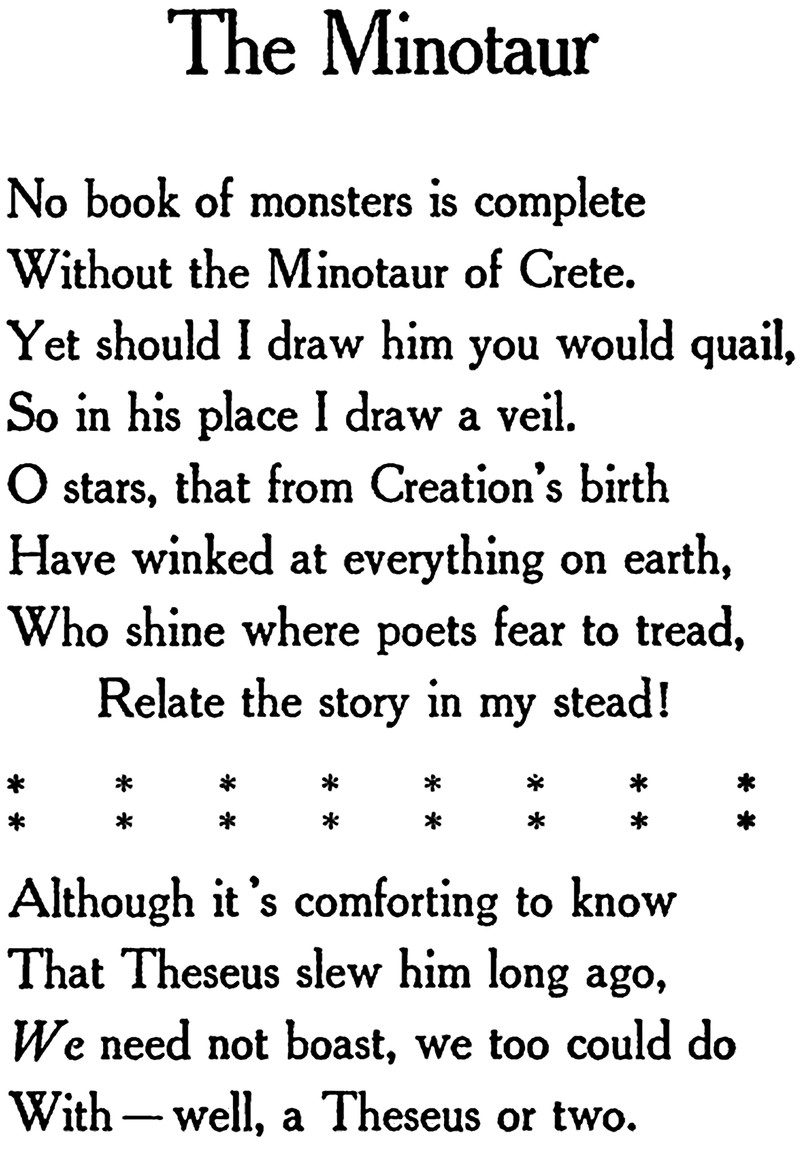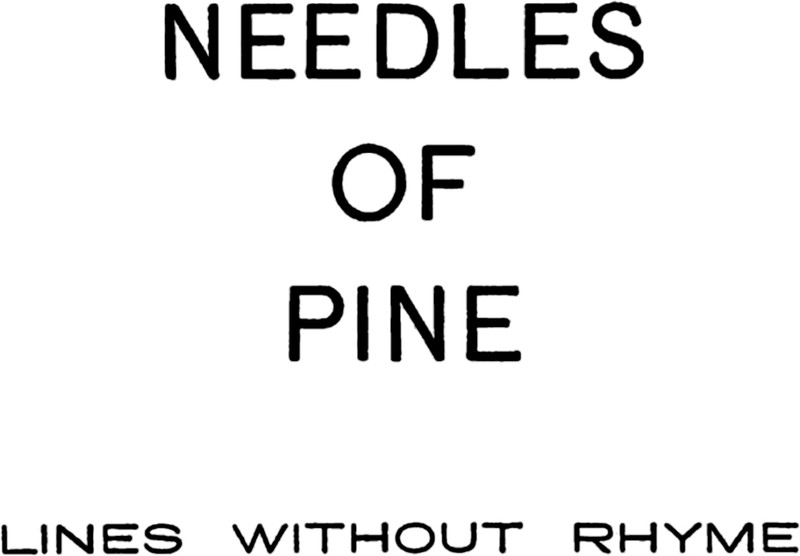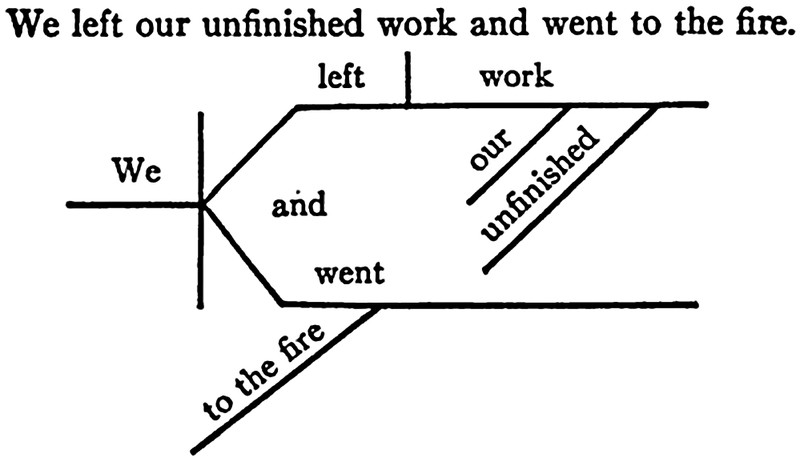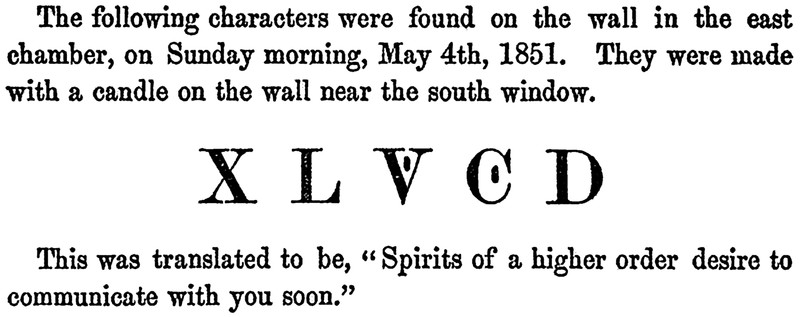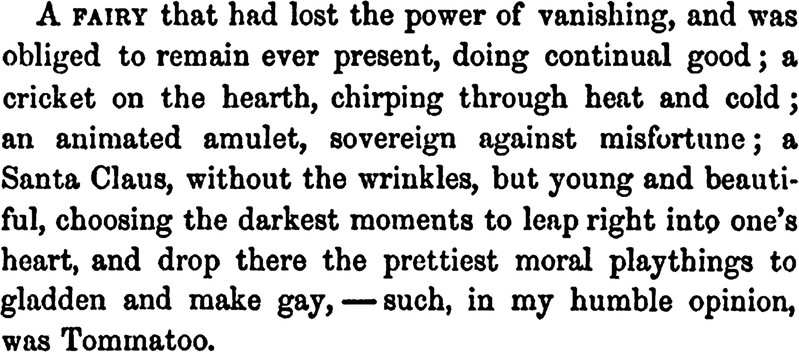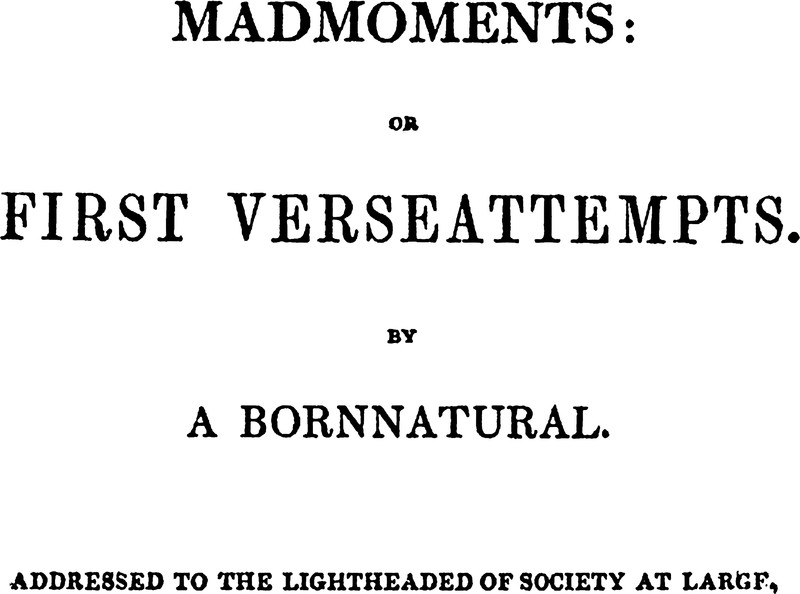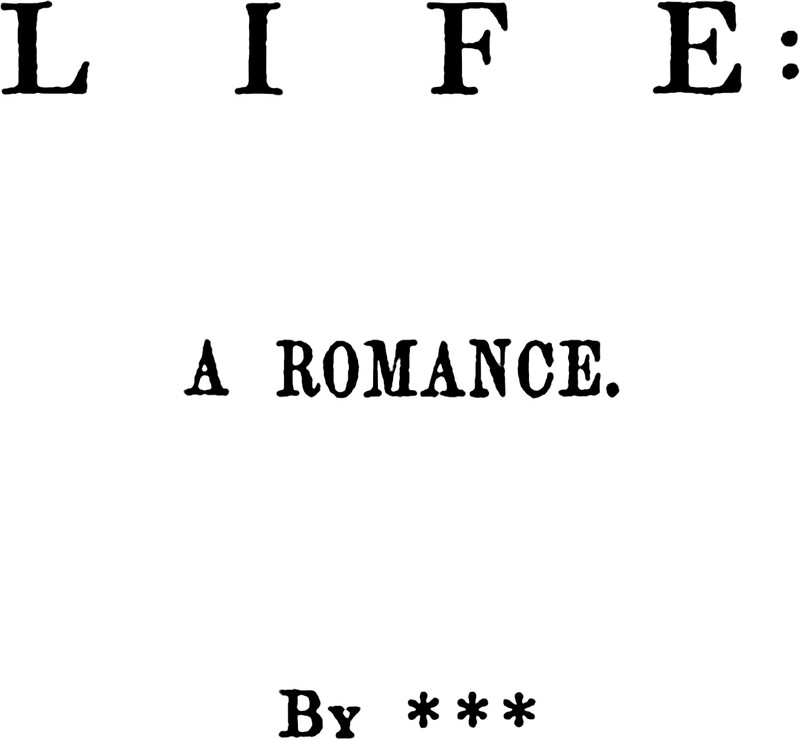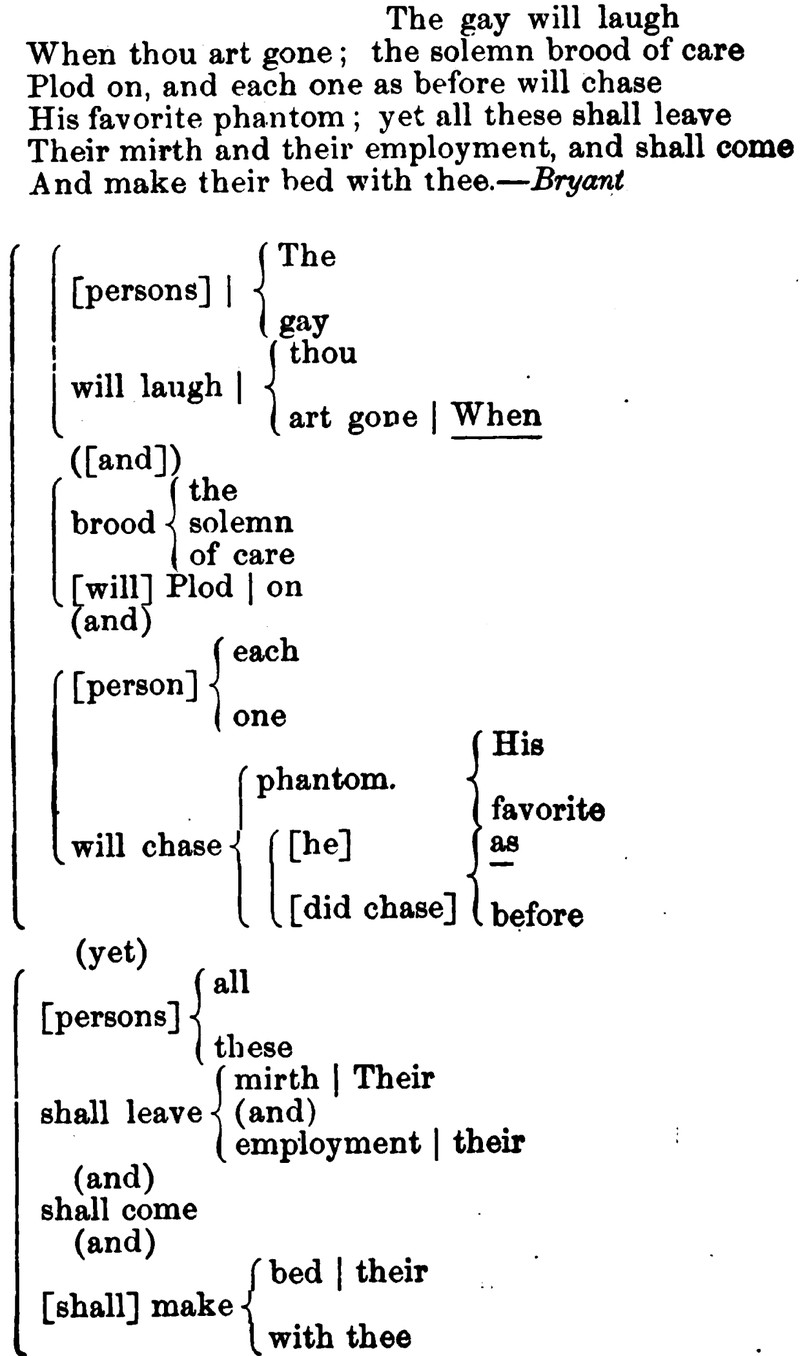|
|
 |
 |
 |
These rows of asterisks are a veil of winking stars from the birth of creation, relating details that the author fears to describe. From The Mythological Zoo by Oliver Herford, 1912.
|




 |
And how true those words are, even today. From A Work on English Grammar & Composition by Clark & Maynard, 1877.
|


 |
|
|
 |
 |
 |
From Pure Logic by William Stanley Jevons, 1864. The text reads, "Let it be borne in mind that the letters A, B, C, &c., as well as the marks +, 0, and =, afterwards to be introduced, are in no way mysterious symbols." However, we found some rather mysterious meanings of A, B, C for our One-Letter Words: A Dictionary, and some even more mysterious meanings of &c for our book entitled Ampersand.
|













 |
|
|
 |
 |
 |
While looking up what a "wag-at-the-wa'" is, we encountered an article about how crossword puzzles would be affected by Scottish independence, which noted three words/phrases that would be lost:
CLAMJAMPHRIE [nonsense]
NIPPERTY-TIPPERTY [foppish]
WAG-AT-THE-WA’ [an uncased pendulum clock]
|

Page 41 of 74

> Older Entries...

Original Content Copyright © 2026 by Craig Conley. All rights reserved.
|



